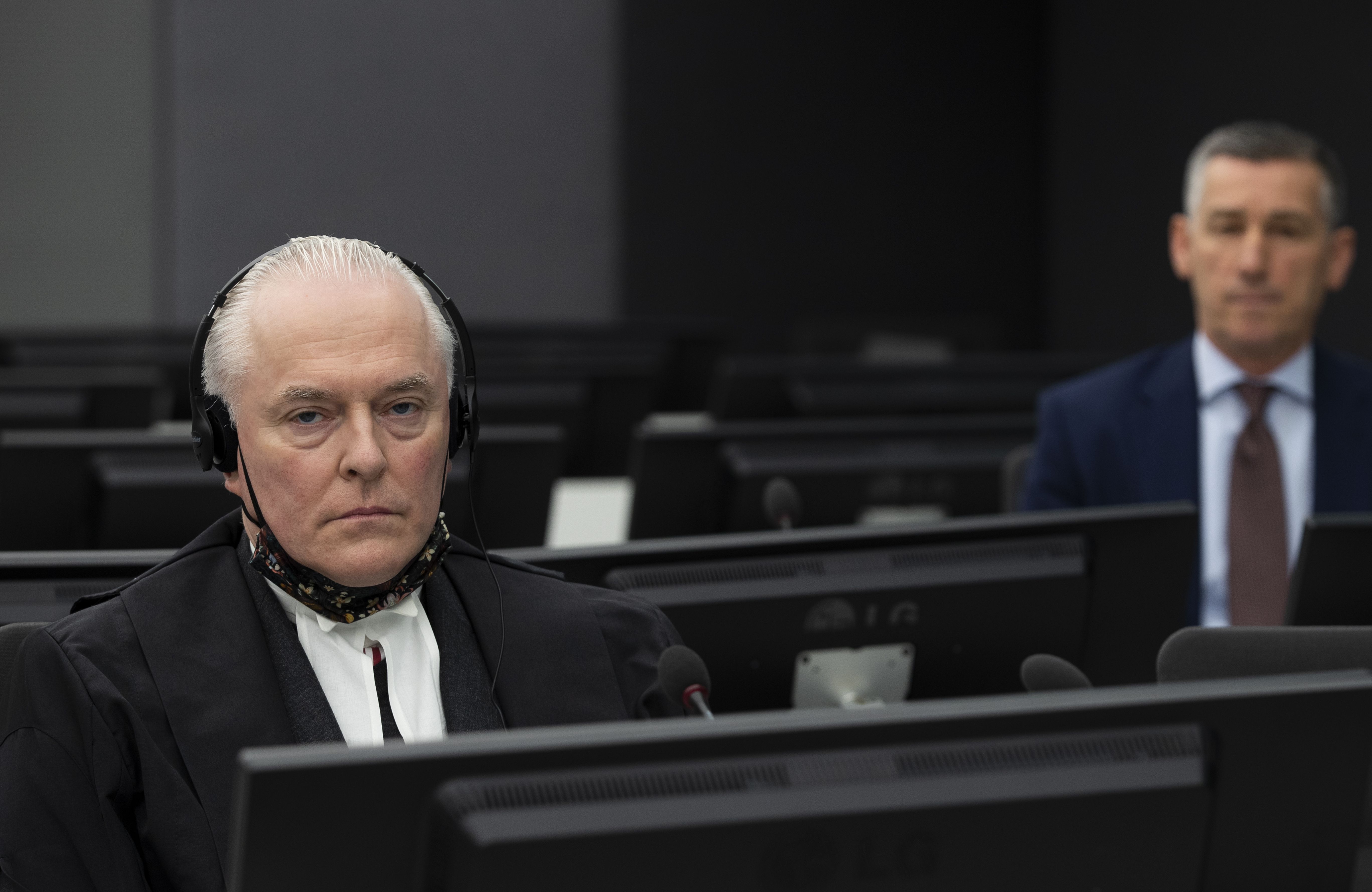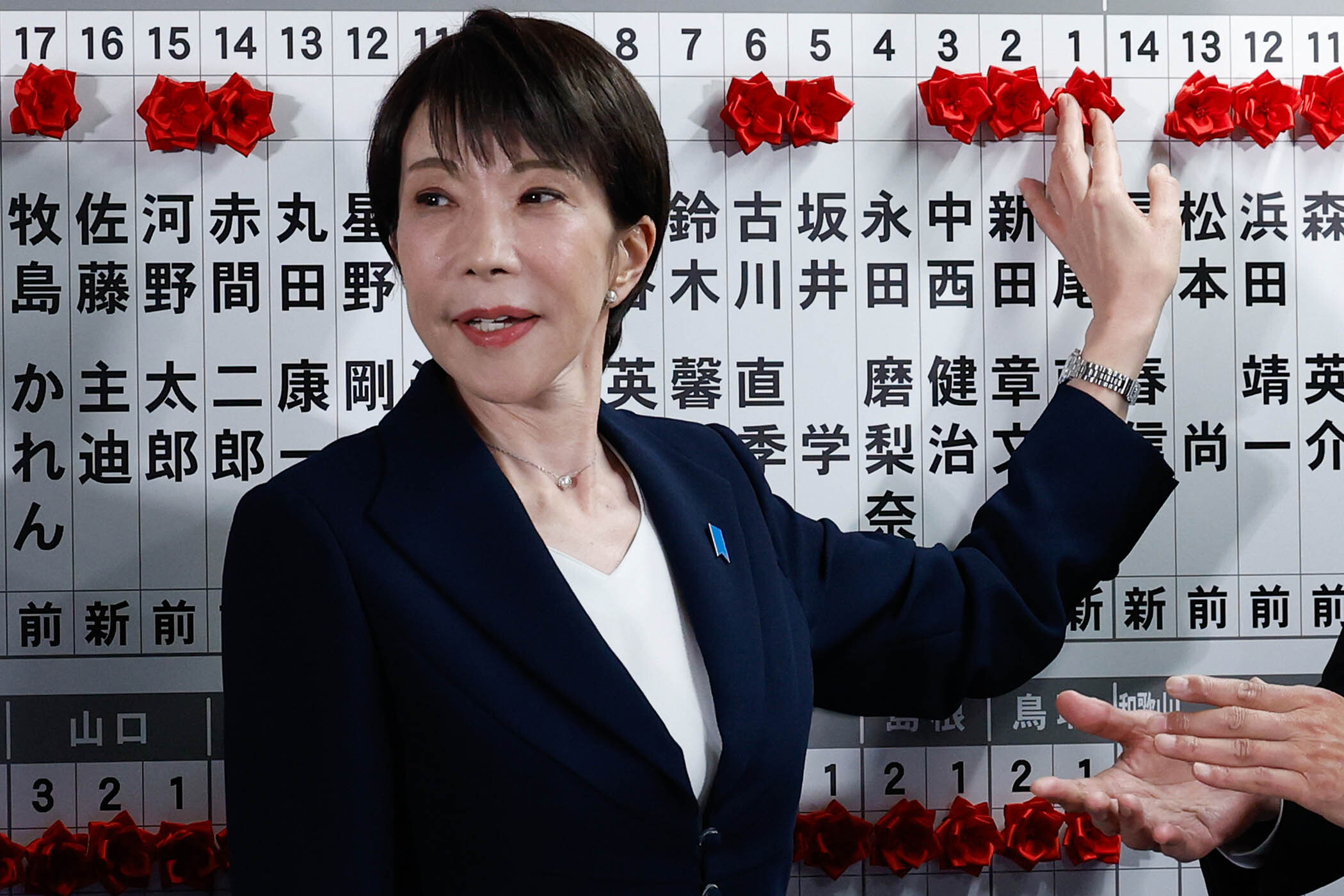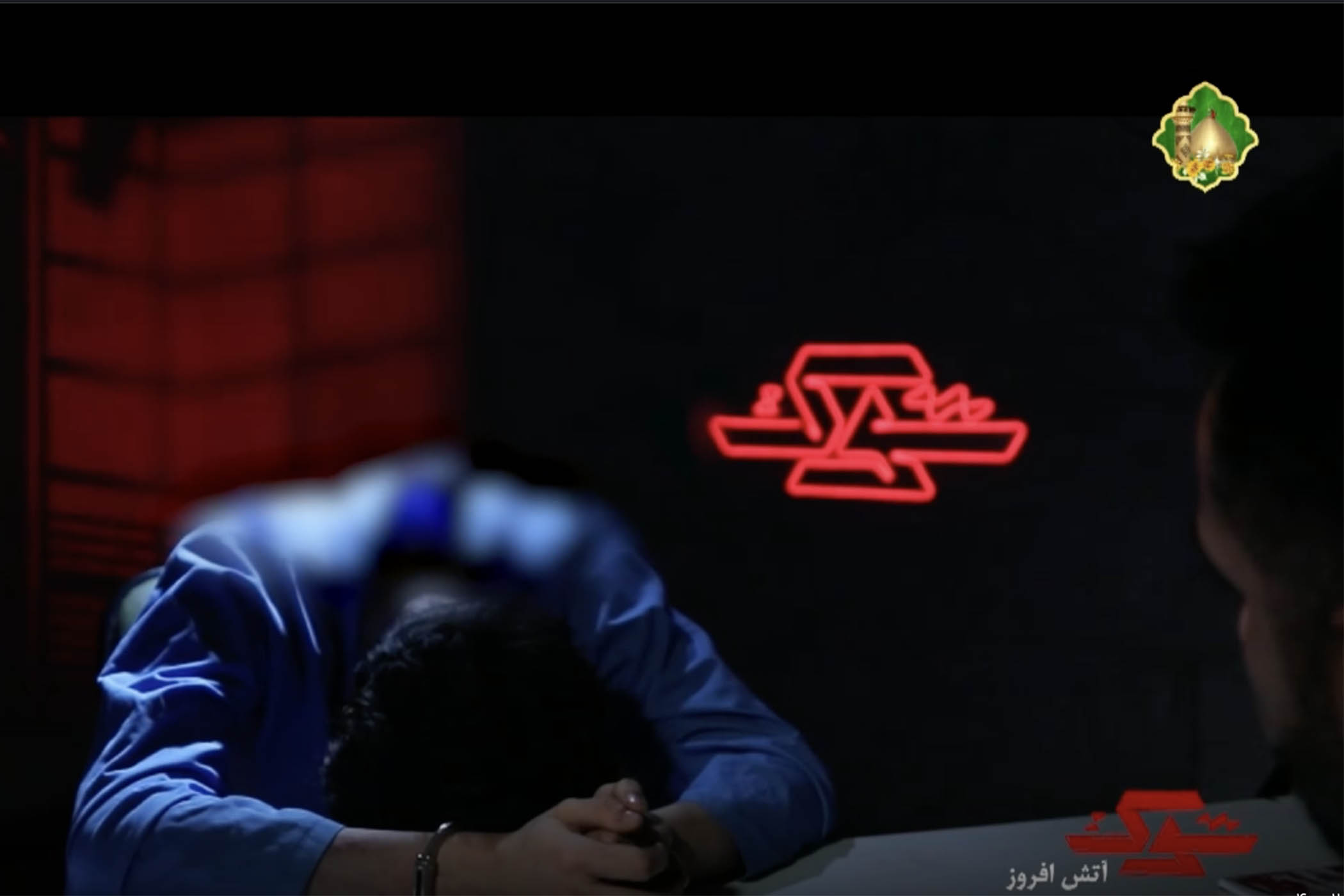I’m sitting with British barrister Andrew Cayley in The Observer offices just a week after he left the International Criminal Court. He’s only been back in London a few days and it’s clear he’s still reeling from his experience.
Cayley oversaw the investigation into alleged war crimes by Israel and Hamas for the ICC, a case that has presented a serious challenge for the world’s only permanent war crimes court. It has come at a personal cost to Cayley, now 61. “It was the worst few months of my life,” he tells me.
Back in early 2024, when the call came offering a job from the ICC, he knew it would be tough, but the chance to lead the Palestine investigation, with American lawyer Brenda Hollis, was enticing. From the outset it was obvious the legal case would not be easy. Israel is not a signatory to the court and doesn’t accept its jurisdiction, while its politicians have been openly hostile towards the ICC. But Palestine is a member and so the court has jurisdiction over crimes committed by its citizens and on its territory.
‘They said we need to put alarms on all the French windows, and you need a reinforced bulletproof door’
‘They said we need to put alarms on all the French windows, and you need a reinforced bulletproof door’
The work was emotionally gruelling and involved gathering evidence and testimonies from Israeli hostage survivors who had spent months in underground tunnels, watching videos of young Israeli girls being shot dead at point-blank range and interviews with horrifically maimed children from Gaza.
“The pressures were immense,” says Cayley. Some of those pressures were internal: “Speed; things had to be done very quickly”, but most were external. As it became apparent that the chief prosecutor, Karim Khan, intended to proceed with his request for an arrest warrant for Benjamin Netanyahu, that pressure ratcheted up. In May 2024, a bipartisan group of US senators had arranged a virtual meeting with senior members of the ICC to discuss the Palestine case. Politicians in the US had already been threatening to retaliate against the court if it proceeded with the arrest warrants against Israel. Lindsey Graham, a staunch supporter of Israel, “was screaming at us,” recalls Cayley. Other ICC employees who were in that meeting have confirmed to me that Graham was threatening that they would face sanctions and that the court would be shut down. “Yeah, it was bad,” says Cayley.
What was going through his head? “I thought, well, we’ve got to do what’s right, but the US exercises this absolutely immense power. It was frightening, to be honest. We were being forewarned.”
But it was only after Khan took to CNN later that month to announce that he had requested the arrest warrants for the Israeli leaders and Hamas commanders, that Cayley realised the precarious position he was in personally.
He began receiving anonymous, threatening phone calls saying “you’re in a very dangerous position”. And last summer, the Dutch police and security services turned up at the court to warn that he was in considerable danger. “They said we need to look at your flat and we need to put alarms on all the French windows, bars across the skylights and you need a reinforced bulletproof door,” he recalls. “It was very frightening.”
Related articles:

Andrew Cayley waits for the start of a court session in the Hague’s Kosovo Specialist Chambers court in 2020
Beyond the physical danger, there was the ever-present threat of sanctions. The US was clear from the outset that if an arrest warrant was issued for the Israeli head of state, then sanctions against the court were a serious possibility.
For Cayley that would have been a disaster. His ex-wife is American and all four of his children live in the US – two are still in full-time education and require his financial support. Sanctions would have meant he couldn’t visit them or send money. It would most likely have affected his ability to function in the UK too.
Newsletters
Choose the newsletters you want to receive
View more
For information about how The Observer protects your data, read our Privacy Policy
“Most banks over-comply,” says Cayley. “They do a lot of business with the US and don’t want to be in breach of federal law, so the algorithms freeze all the accounts [of sanctioned individuals].” He was advised to move his money to his sister’s account.
By the autumn of last year, the pressure was affecting his health. “I was very unwell,” he says. In the end, he felt he had no choice but to resign from a job he loved.
He’s left behind colleagues who are still vulnerable. The sanctions imposed by Donald Trump in his first few weeks in office have been extended beyond Khan to include four judges. Cayley says it is having a stressful effect on people at the ICC. “I know there is quite a significant number who are on medical leave from the court. You can feel the anxiety in the place,” he says.
The US has threatened even more sanctions if there is any future announcement of arrest warrants for Israeli ministers. The ICC is investigating accusations of war crimes in the West Bank. “There’s still fear of that [sanctions] and I think that is a real fear,” he says. People are careful about what they say in public. “I think the US is watching very closely what’s going on,” says Cayley.
There is also a real possibility that those US sanctions could be extended to the institution itself, which would freeze all contracts with US companies, including software provided by Microsoft which stores the court’s evidence database. With that in mind, the ICC is looking for new software and banking providers.
Cayley won’t be drawn on the sexual abuse allegations facing Khan – who is under internal investigation after being accused of having non-consensual sex with a woman in his office last year, claims he denies. Cayley will only say “all these pressures are weighing heavily on the court. I think the ICC’s going through a very difficult period but it will survive.”
Cayley, who is back living in London and working at Temple Garden Chambers, remains stoical. It’s only when he talks about the higher calling, the fight for international justice, that he really becomes emotional, needing to take a break to collect himself. “There is still so much to be done and sometimes it feels overwhelming,” he says.
He describes a compulsion that comes with working on war crimes cases. But what really drives him isn’t all the horror he’s seen over the decades. “Actually I can deal with the blood and gore. It’s the grief. I’ve seen and heard so much grief over the last 30 years. You cannot accept these things if you’re a member of the human race,” Cayley says. “You have to stand up and do what’s right, even if it comes at a price.”
Photographs: Suki Dhanda/The Observer, Peter Dejong/AFP



